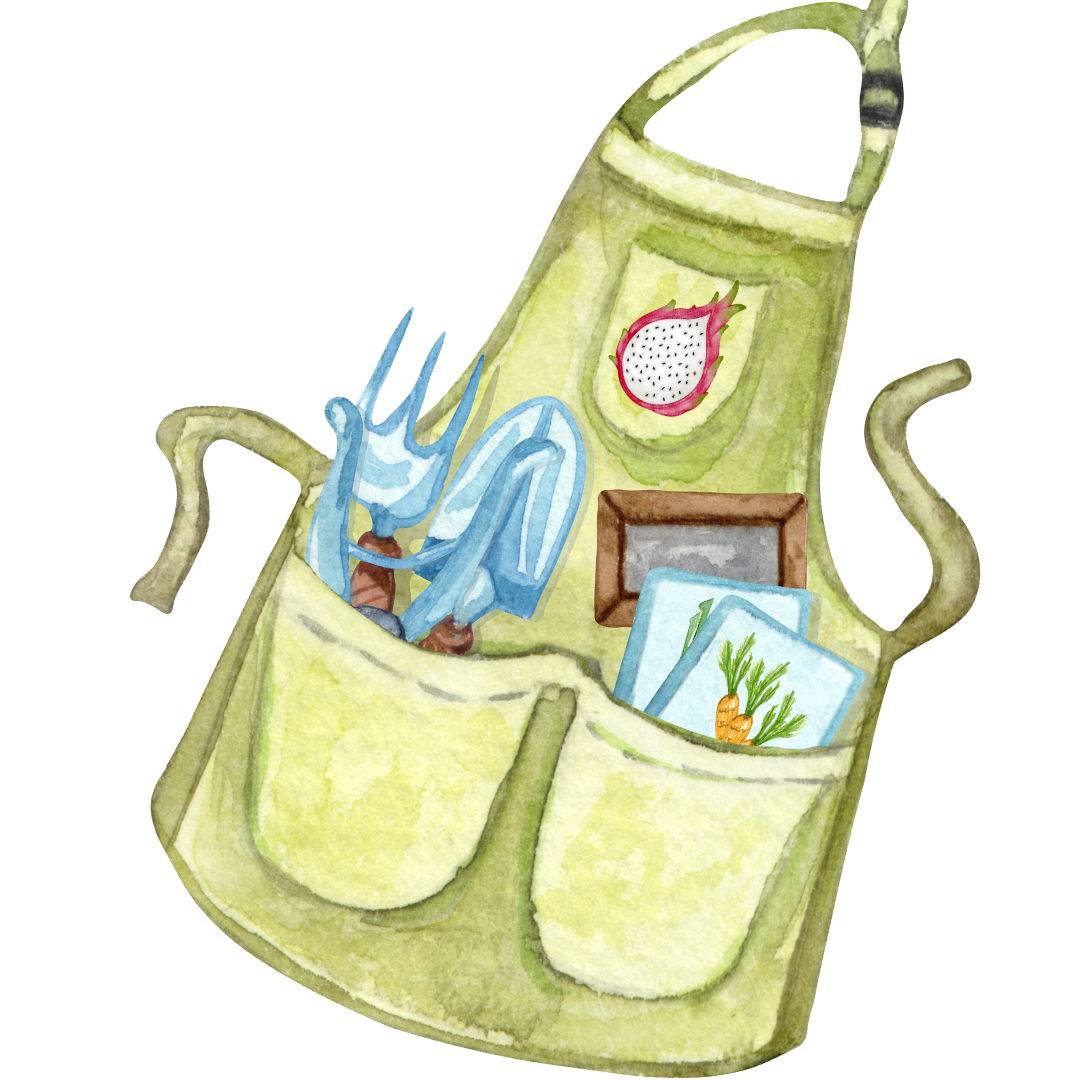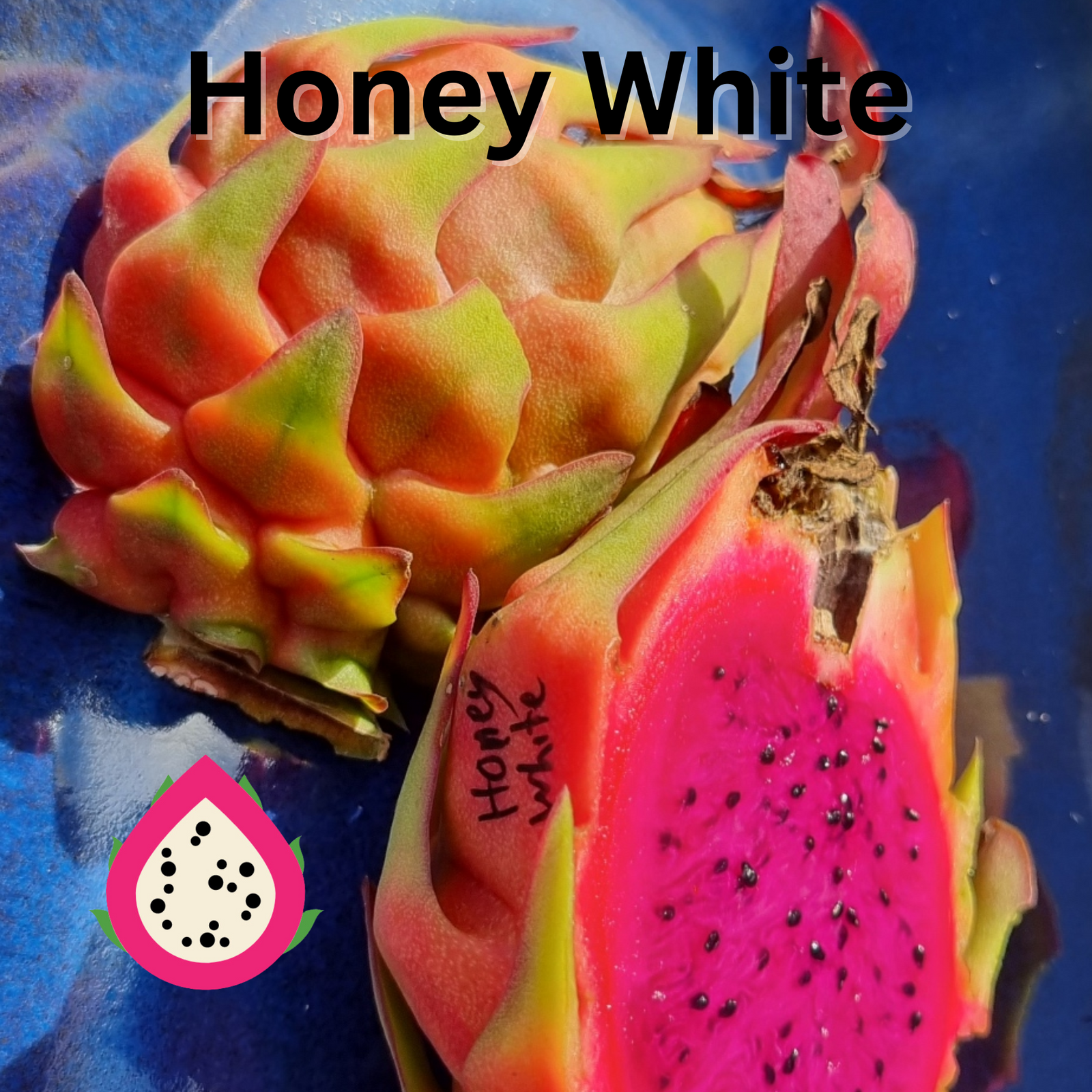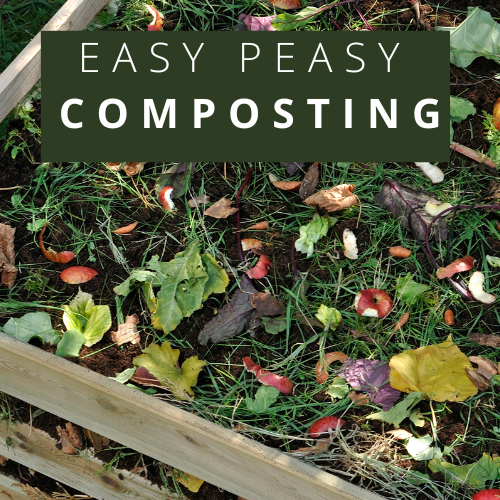Calcium Save, bake for 5 mins and grind.
Add citrus to help make the calcium available for plants.
Banana Peel
Potassium
You can add these as tea.Bananas skins soaked in water or just throw them.
Mulch - woodchip
Carbon
Has a different texture and allows airflow.
Gives structure for microbes to grow,
Slower to break down
Hay Mulch
Carbon
Add fluffed up to add a bit more airflow
Brings in beneficial moulds and helps with water retention.
Faster to break down
Biochar
Biochar is a form of charcoal that is produced from a process of superheating wood or bones. Research shows it has the ability to improve soil quality, store carbon for thousands of years, and halt emissions of potent greenhouse gases from soils, such as nitrous oxide and methane.
Needs to be added to the compost otherwise it will absorb nutrients from your garden.
Ash from fire
It can be a natural source of potassium and trace elements. It also has a liming effect, so wood ash can remedy excessively acidic soils.
Garden clippings
Cut into smaller pieces to allow faster decomposition.
The leafy material is high in nitrogen and moister
Food Compost
Avoid meat and wheat.
This will help to feed the worms, soldier fly and microbes.
If you are worried about mice, put into a worm farm first to break down and then add broken down material to your large compost bin.
Sea Water
A light spray of seawater can add the valuable minerals to your compost and help to boost your microbes.
Milk and Yogurt
Poor onto your compost.
I would definitely mix it with water to help disperse fats. But milk and yogurt will add beneficial bacteria to your mix if used in the right qualities.
Fish Frames
We berry fish frames at the bottom of our compost so no smell can escape.
This is a raw blood and bone product packed with minerals.
Animal Manure
(Don't use if your animalhas just been wormed, it will kill off all the worms in your compost)
Don't use cat or dog manure.
Animal manure is recognized as an excellent source of the plant nutrients nitrogen (N), phosphorus (P) and potassium (K).
In addition, manure returns organic matter and other nutrients such as calcium, magnesium and sulphur to the soil, building soil fertility and quality.
Chicken Manure
Poultry manure contains higher nitrogen and phosphorus compared to other bulky organic manures.
Chicken feathers are also rich in nitrogen
Carboard and Paper
This is abrown layer.
Break up and soak with water first to save drying out your pile. Worms love the high carbon content of cardboard.
Egg cartons, newspaper, paper and packaging. (nothing with print)
Solider Fly
Solider fly larvae are supper stars of composting they can make organic mater disappear in a a matter of days.
Composting worms
Worms improve both the physical and chemical decomposition of compost.
Compost is richer in nitrogen, organic matter, and bacteria after being eaten by worms.
Their tunnels allow better air and water circulation within the compost which encourages aerobic bacteria
Blood and Bone pellets
A quick boos of nitrogen.
Encourages more worm activity
Temperature
(Helps to create heat and helps microbes thrive)
Speeds up the breakdown and increases heat.
32- 65 is good
You can use a compost temperature gauge to check this.
Companion Planting
Plant easy-to-harvest crops around your bin.
Pidgeon pea, popcorn cassia, lemongrass, lamandra, fast-growing spinach and more......
Water
(Helps to create heat and helps microbes thrive)
Speeds up the break down and increases heat.
Weed Tea
Have a black bin or bucket to drown all weeds with seeds, nutgrass and other plants you don't want to be spread.
Weed tea is amazing for increasing microbe activity.
Tomato Plants
Add Nitrogen, green layer
Urine
Higher in Nitrogen than food scraps. Lots of beneficial bacteria and nutrients.
This is considered a green layer. Add to biochar, cardboard and any brown layer to help activate it.
Lime
Add a handful of lime this helps to combat the acidity and worms love it
There are 2 main types of composting
Aerobic Composting
Needs the presence of Air
Aerobic composting is the process by which organic wastes are converted into compost or manure in presence of air. In this process, aerobic microorganisms break down organic matter and produce carbon dioxide, ammonia, water, heat and humus, the relatively stable organic end-product.
Anaerobic composting
Anaerobic composting occurs when biodegradable material isstarved of oxygen. With this process, microorganisms break down organic matter, such as food scraps, in an airtight container, over a relatively long time.
I'm not a fan can tend to be more like a rotting mess.
Cover your compost
Lack of light increases the break down of material.
Black plastic will increase heat a natural alternative is coffee bags available at Foodies.
This is what we are trying to avoid
Smells
Has mice or rats
Is not breaking down







